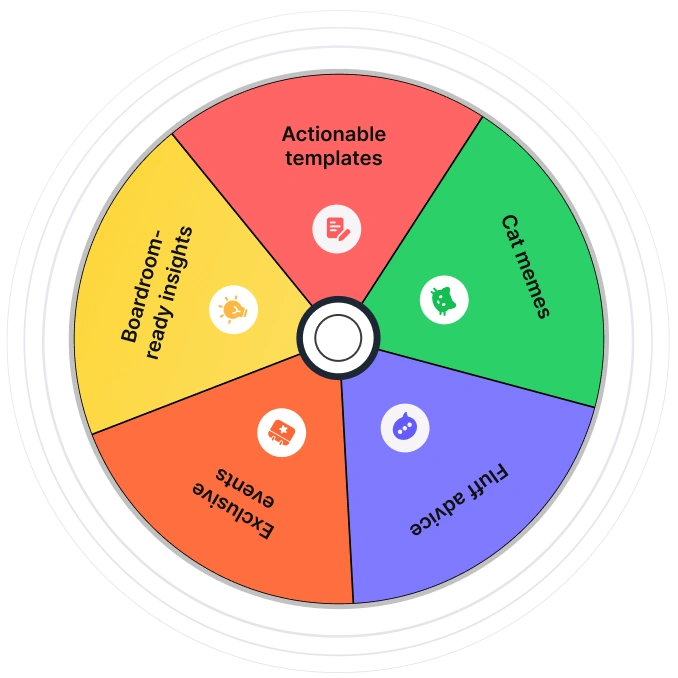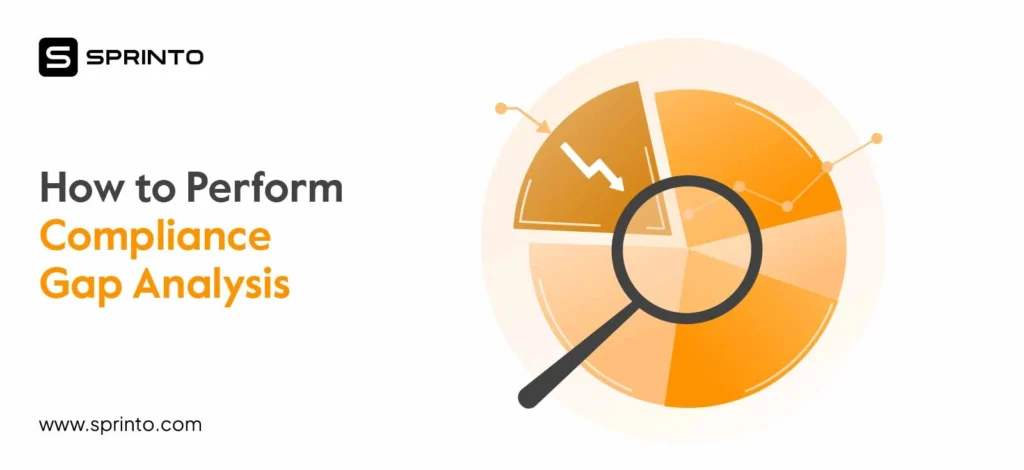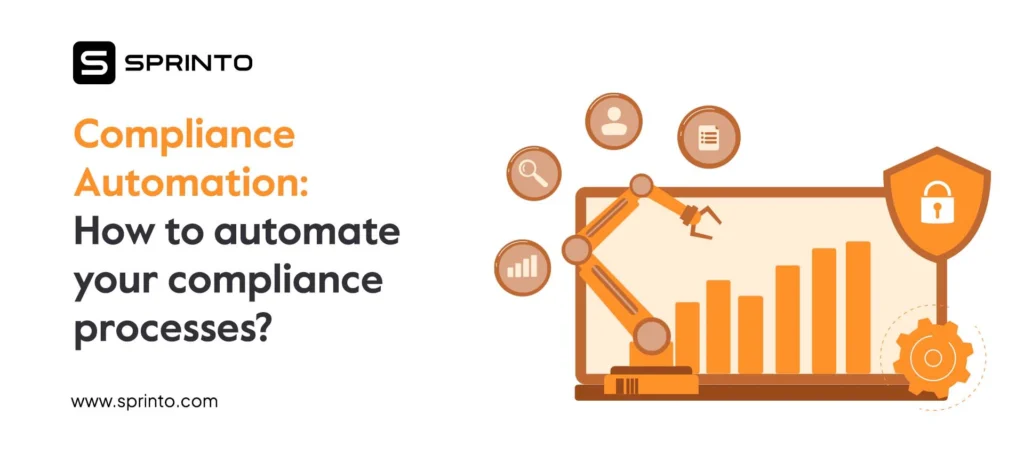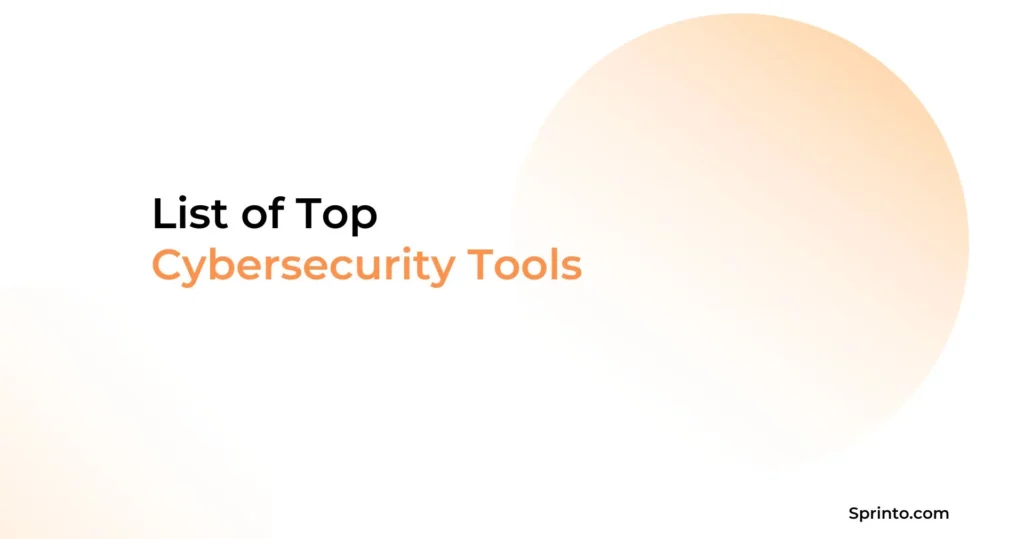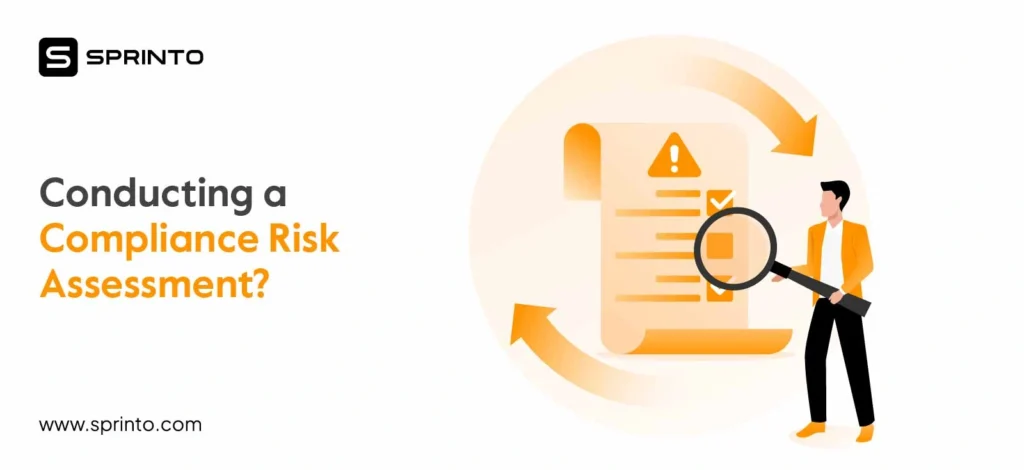When compliance feels inevitable, tools that promise speed can also overwhelm when accuracy is the aim. Delve is a popular choice for AI-forward companies looking to check off the compliance box without exhausting their resources. Delve positions itself as a smarter, AI-native alternative, but does it deliver where it counts?
This honest review breaks down Delve in human terms, pointing out real advantages, potential friction, and whether it might be the right fit for your team.
Quick Summary in 60 Seconds
Pros of Delve:
- Fast setup for startups aiming for first-time SOC 2 or HIPAA compliance.
- AI-powered automation reduces manual work and speeds up readiness.
- Strong customer support with Slack-based communication and guided onboarding.
Cons of Delve:
- Limited scalability for multi-framework compliance (e.g., ISO 27001, GDPR).
- Fewer integrations and no direct auditor access compared to competitors.
- Not ideal for larger or complex organizations with evolving compliance needs.
Why Sprinto Is the Smarter Alternative:
- Supports 15+ frameworks with deeper automation and auditor partnerships.
- Scales easily from startup to enterprise, ensuring continuous compliance.
- Provides unified visibility, risk monitoring, and real-time audit readiness.
- For teams seeking scalable, end-to-end compliance automation — book a demo with Sprinto
What is Delve?
Delve delivers an AI-native compliance platform built to eliminate manual busywork. It embeds AI agents that connect to your internal systems like cloud, code, and apps, gather evidence, monitor risk, and generate reports automatically.
The platform supports frameworks like SOC 2, HIPAA, ISO 27001, GDPR, PCI DSS, and even offers custom compliance setups. Delve’s agents handle everything from screenshots to security questionnaires, freeing your team to focus on growth.
Automate compliance across 300+ frameworks with zero add-ons or hidden costs.
👉 Talk to experts →
What are Delve’s core features?
Delve’s core features lies in automating manual compliance tasks, providing real-time risk monitoring, streamlining evidence collection, and managing workflows with deep integrations. Here’s a breakdown:
1. AI-powered compliance automation
Delve’s AI agents replace the hours of manual compliance work that most teams dread. It works across SOC 2, HIPAA, ISO 27001, GDPR, PCI DSS, and more, plus it supports custom industry standards.
The evidence stays updated in real time, and Delve sends proactive alerts about gaps before they become audit problems. This approach shortens certification timelines and keeps operational work low.
2. Automated evidence collection and workflow management
Delve connects to your cloud services, code repositories, SaaS apps, and internal systems to automatically collect the required audit evidence. Each piece of evidence links directly to the control it satisfies, so it’s always audit-ready and organized.
3. Real-time risk monitoring and security insights
Delve watches your infrastructure and applications in real-time to spot compliance issues and vulnerabilities as they happen. Its AI reviews these risks, ranks what to fix first, and helps you keep a proactive security posture.
4. Integrations and infrastructure support
Delve integrates with popular tools your team already uses: AWS, GCP, Azure, GitHub, GitLab, Slack, Zoom, and more. It even supports automated deployment of HIPAA-compliant infrastructure through your CI/CD pipelines. This means you can push secure updates straight from your git repository and keep everything updated.
What are the pros and cons of using Delve?
After going through G2, Delve’s success stories, and other review sites, here are the pros and cons of using Delve:
| Pros | Cons |
| Users report completing SOC 2 and HIPAA certifications in as little as a few weeks, compared to months with other platforms. | Unlike some competitors, Delve does not support cross-framework control reuse, so adding multiple standards may feel like starting fresh each time. |
| Agentic AI collects evidence automatically, fills questionnaires, takes screenshots, and scans infrastructure and code. | Delve integrates well with common platforms (AWS, GitHub, Slack, Zoom) but has fewer integrations than some competitors, with 200+ integrations. |
| Delve offers 1:1 Slack support with responsive security experts, helping with questions, audit prep, penetration testing, and questionnaires. | Delve manages auditor interactions as part of the service, but there is little public information on auditor platform features or client visibility into auditor evidence review. |
| Users describe the platform as easy to use and intuitive, reducing the compliance learning curve for teams new to frameworks like SOC 2 and HIPAA. | Delve optimizes for rapid first compliance, whereas platforms like Sprinto are better positioned for sustained, multi-framework programs. |
SOC 2 → ISO 27001 → HIPAA → PCI… all in one platform.
👉 Talk to experts →
Ideal use cases and team sizes
Delve is a strong fit for:
- Startups funded at the Seeding stage to Series B that need quick compliance to close enterprise deals
- Small teams without in-house compliance staff
- Companies are looking for continuous compliance without daily manual effort
However, it’s less ideal for businesses with complex, highly customized workflows that require parallel framework certifications and fully self-managed auditor interactions.
Comparing Delve with alternatives
Delve stands out with rapid compliance (SOC 2, HIPAA in days) and white-glove expert support, but differs from its top competitors in important ways:
| Feature | Delve | Sprinto | Vanta |
| Evidence Automation | AI agents automate evidence, screenshots, and documents from web & internal tools | 300+ deep integrations auto-collect timestamped evidence | 60–100+ integrations, mostly via API |
| Frameworks | SOC 2, HIPAA, ISO 27001, GDPR & PCI | 35+ frameworks out-of-the-box, custom framework support and cross-control mapping | Multiple frameworks, some cross-mapping |
| Audit Experience | Delve manages/coordinates the auditor process for the client | Auditor portal and direct auditor access | Auditor portals |
| Support Style | Dedicated Slack channel, “concierge” access to compliance experts | In-app chat/live guided onboarding/support | In-app/live support, less hands-on |
| Speed | Fast: Quick onboarding and compliance readiness within weeks | Fastest: Compliance readiness within 2-4 weeks | Similar timeline, more manual mapping |
Many customers highlight how quickly Delve helps them get certified, often unlocking enterprise deals much faster than expected.
The tradeoffs appear when teams begin to scale. Delve does not yet offer the deep cross-framework mapping and vast integration network that platforms like Sprinto and Drata provide, which can limit flexibility in multi-framework growth.
Furthermore, Delve’s audit process leans toward a managed-service model instead of a self-serve portal, which may feel restrictive for teams that want direct auditor collaboration.
What is Delve’s pricing structure?
Delve does not publish public pricing. Most sources indicate pricing is custom/quote-based, influenced by company size, scope, number of frameworks, and audit support level.
Typical feedback from G2 places Delve in a similar range to Vanta, Drata, and Sprinto for initial certifications, but specifics depend on requirements and the “Concierge” support tier.
Verdict: Who is Delve best for?
Delve is best for companies seeking customized onboarding, minimal manual lift, and one-on-one support, which will get the most value.
The platform is less suited for mature organizations needing to manage many standards in parallel, complex integration depth, or granular auditor collaboration—Sprinto or Drata are stronger for these long-term, scale-driven compliance needs.
Delve delivers standout speed, AI-driven ease, and expert help, making it the right pick for teams where fast compliance equals fast revenue, with minimal in-house staff deployed.
For teams looking to invest in compliance as a strategic asset and scale up with multiple frameworks, Sprinto may hold the edge with broader automation, control reuse, and multi-framework orchestration.
Sprinto: The smarter alternative to Delve
For many startups and small businesses, the challenge is not just getting compliant once but scaling compliance as the company grows. This is where Sprinto stands out.
Unlike platforms that focus mainly on rapid first-time certification, Sprinto is built to support multiple frameworks in parallel, with automation that reuses controls across standards. This makes expanding from SOC 2 to ISO 27001 or HIPAA smoother and more cost-efficient.
That’s not all, Sprinto provides quick compliance too! For instance, Officebeacon, a virtual staffing solution, achieved ISO 27001 audit readiness within 2 weeks! They received their certification within a month of onboarding at Sprinto.
“Software vendors can be rigid, but Sprinto was flexible and worked with us. They have a solution mindset and the team problem-solved with us every step of the way,” – says Anil Varma, CISO at Officebeacon.
For startups where speed, cost, and scalability matter, Sprinto helps you get certified fast without locking you into a one-framework ceiling. It grows with your business, making it a more sustainable choice for teams that see compliance as a long-term strategic advantage.
Save time, cut costs, scale smart. Try Sprinto today!
Disclaimer
The information on this page is based on independent research conducted by our team and on insights gathered from publicly available, user-first review platforms such as G2. We have summarized feedback to highlight commonly mentioned strengths and areas for improvement. While we strive for accuracy and balance, user experiences may vary, and we encourage readers to review the original sources for the most up-to-date feedback. This blog was last updated in October,2025.
Frequently asked questions
Delve supports a wide array of security and privacy frameworks, including SOC 2, HIPAA, ISO 27001, GDPR, PCI DSS, and new standards like ISO 42001 for AI risk. Custom frameworks can also be accommodated.
Delve uses “agentic” AI to automate nearly every part of the compliance process: It collects evidence from web apps, cloud infrastructure, code, and internal tools, fills out security questionnaires, handles screenshots, surfaces risks, and monitors controls continuously.
Delve is ideal for startups and SMBs, especially fast-growing or venture-backed companies that need SOC 2, HIPAA, or similar certifications quickly to unlock revenue, satisfy customers, or enter new markets. It’s especially recommended for teams that value speed, AI-driven automation, and hands-on support.
Delve coordinates directly with your chosen auditor, bundles audit support, and helps you prepare all artifacts. The AI collects and organizes evidence, and Delve’s team manages back-and-forth with auditors.
Yes, Delve provides 1:1 onboarding and expert customer support, often via a dedicated Slack channel or video calls. Users receive real-time help with security questions, policy setup, penetration testing, and evidence collection.
Pansy
Pansy is an ISC2 Certified in Cybersecurity content marketer with a background in Computer Science engineering. Lately, she has been exploring the world of marketing through the lens of GRC (Governance, risk & compliance) with Sprinto. When she’s not working, she’s either deeply engrossed in political fiction or honing her culinary skills. You may also find her sunbathing on a beach or hiking through a dense forest.
Explore more
research & insights curated to help you earn a seat at the table.






